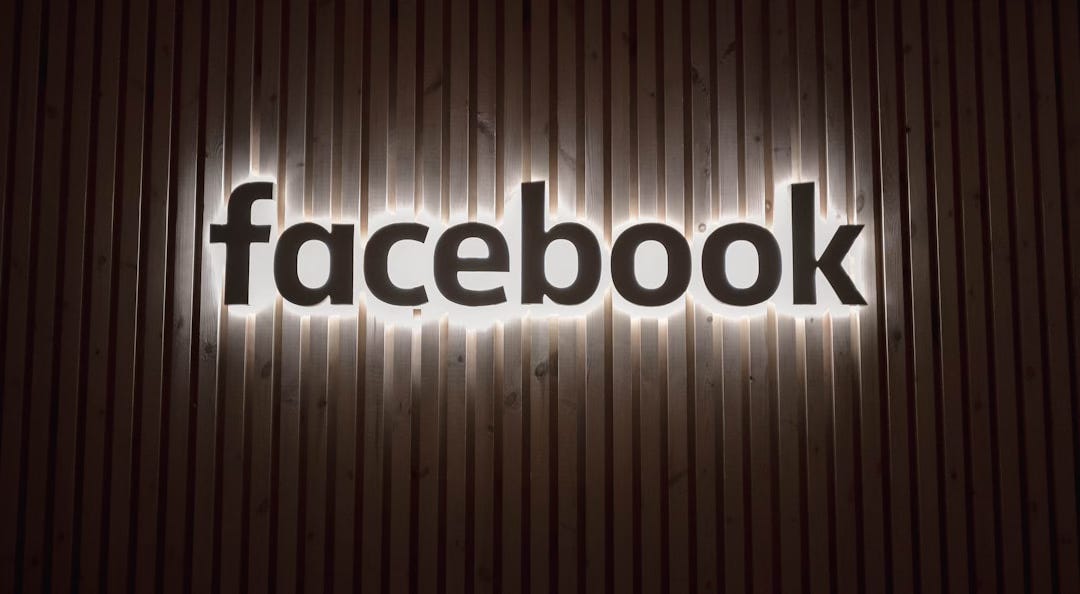My War with Facebook
As a force for good, Facebook has never rivaled Doctors Without Borders. But improbably, it just got worse.
First came the announcement that founder Mark Zuckerberg was going full Joe-and-Mika by donating a million dollars to Trump’s Inauguration.
Then parent company Meta replaced its president of global affairs, former UK deputy prime minister Nick Clegg, with longtime Republican goon Joel Kaplan.
But this glorious shitshow reached a crescendo when Zuck declared that Facebook was firing its third-party fact-checkers—because, as any casual Facebook user knows, the platform’s biggest problem is that it’s just too darn factual.
Zucky, demonstrating a level of sociopathy that would qualify him for Trump’s Cabinet, said that Meta’s social media platforms—which also include Instagram, WhatsApp, and Threads—would be moving toward the “community notes” model used on X. In other words, Facebook is now playing catch-up with Elon Musk’s chamber of horrors in a quest to become yet another safe space for misogynists, Nazis, and Robert F. Kennedy Jr.
I tried to process this latest development with comic detachment—my coping strategy for dealing with everything in our burgeoning dystopia—but then things got personal.
On January 9, the national day of remembrance for Jimmy Carter, I received an alert from Meta to “please reconsider posting” a Facebook post I wrote praising the fallen president because it was “similar to others that have been reported.”
Confronted with this reprimand, I had only one choice: to share Meta’s absurd warning, verbatim, with my million Facebook followers.
After my post went live, my followers responded with tales of their own experiences with Facebook censorship, including this account: “The other day I had a post removed—I’d been replying to a fluoride conspiracist who insisted that there was zero scientific proof for its effectiveness. My post provided three links to science sites with study results. Meta took it down because ‘with multiple links, it looks like you’re spamming.’ And of course, they allowed the original post containing false information to remain.’
Faced with this outrage, I had only one choice: to share my reader’s Kafkaesque anecdote, verbatim, with my million Facebook followers.
At this point, something happened that surpassed my wildest dreams: I got a response from an actual Meta employee. Not an AI bot, but a human person.
This is what he posted on my page: “Yes overinforcement (sic) is a problem, that's exactly the kind of thing we are trying to be better about going forward.”
Why was I sure this was written by a real person? Because a bot would never misspell “overenforcement.” (As one of my followers theorized, perhaps when Meta axed its fact-checkers they shitcanned spell-check, too.)
Never one to shrink from a good social media throwdown, I offered this rejoinder to Zuck’s semi-literate henchman: “You are not ‘overinforcing’ pro-Trump posts, or rightwing misinformation. They’re running rampant on Facebook. Zuckerberg’s statement (and donation to Trump’s Inauguration) make Meta’s agenda very clear.”
So here’s a question a lot of us have been asking: Is it time to leave Facebook?
Or, stated another way: why are we still on Facebook?
The most common reason people offer is that it’s the best way to keep in touch with friends and family. But didn’t we find other ways to do that before Facebook existed? Those methods—emails, phone calls, and yes, actual letters that you write on pieces of paper and put in envelopes—are still very much available.
Having said that, I can’t make you leave Facebook—that would be overinforcement.






TBR Question of the Day: What’s a better use of time than being on Facebook? How about one of the following:
1. Organizing the sock drawer by shade, texture, and emotional depth.
2. Taking up underwater basket weaving—finally something truly productive.
3. Staring at the wall and waiting for it to blink.
4. Teaching pigeons quantum physics—it’s about as rewarding as arguing in the comments.
5. Explaining to your dog that mail carriers aren’t breaking in.
6. Training your Roomba to do interpretive dance.
7. Alphabetizing the spice rack while questioning the meaning of oregano in the grand scheme of life.
8. Writing love letters to the toaster that never lets you down.
9. Developing a time machine to go back and stop yourself from joining Facebook in the first place.
10. Entering a staring contest with your reflection and technically losing to yourself.
Better than Facebook is subscribing to the Borowitz Report that comes via email. At least you get to laugh with the grim news.